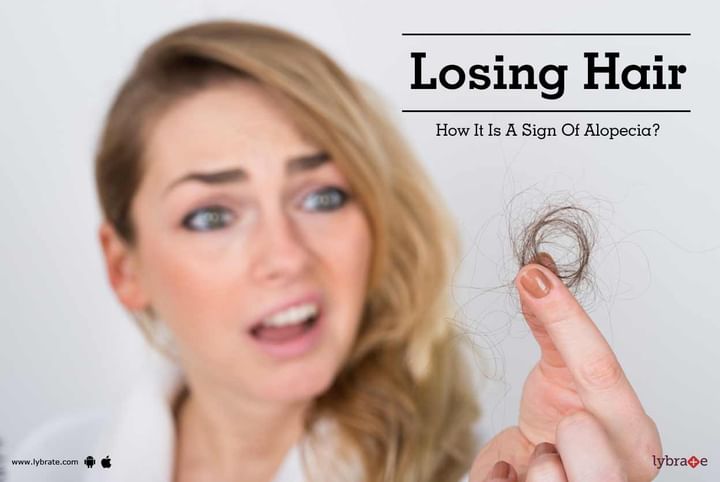Losing Hair - How It Is A Sign Of Alopecia?
What is Alopecia Areata?
Alopecia Areata is an autoimmune condition that results in shedding of hair in small and random patches. Alopecia in general affects the scalp, but then again it can also occur in other parts of the body.
The exact reason for alopecia still remains undefined. Nevertheless, it has found that most people who have a family history of autoimmune disorders such as rheumatoid arthritis, and type 1 diabetes are the most vulnerable to this condition. The good news for you is that although this illness has no cure, there are treatments which can help your hair regrow quickly and may also, in many cases, prevent future hair loss.
How is Alopecia diagnosed?
While the doctor may be able to diagnose this disease by simply looking at the extent of hair loss, he can also examine a few strands of the hair samples under a microscope. If needed, your doctor can also perform a scalp biopsy to rule out other conditions that may have caused the hair loss, such as fungal infections like tinea capitis. While performing a biopsy, the doctor will remove a small piece of skin (no more than the nail on your little finger) on your scalp for analysis. If other autoimmune conditions are suspected, blood tests may also be done. The specific blood test that needs to be performed depends completely on the particular disorder that your doctor suspects.
How is Alopecia treated?
- Medical Treatment: Minoxidil helps in stimulating hair growth and also prevents further hair loss. Other commonly used therapies include corticosteroid creams and steroid injections and ointment. In certain cases, photo-chemotherapy can be used as a part of the treatment plan to promote hair growth. Photo-chemotherapy is a type of radiation therapy that combines ultraviolet radiation along with oral medications as a follow-up.
- Alternate Therapy
- If you wish, you can also choose alternative therapies to treat this condition. These therapies include:
- Acupuncture (on the scalp)
- Aromatherapy
- Herbal supplements
- Best Vitamin E tablets for Hair
In case you have a concern or query you can always consult an expert & get answers to your questions!



+1.svg)
